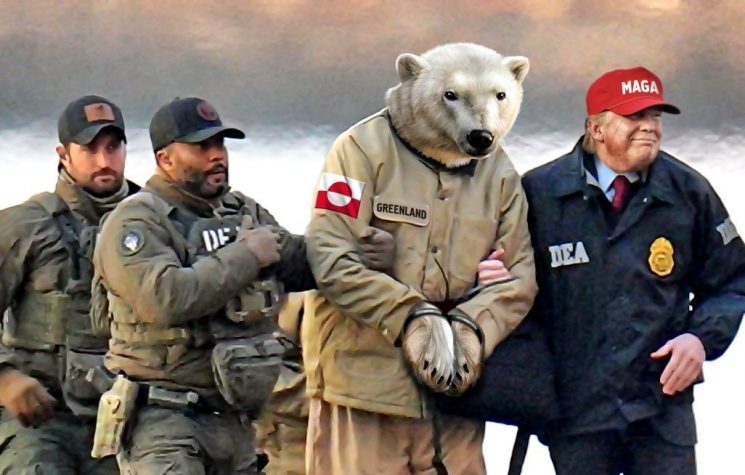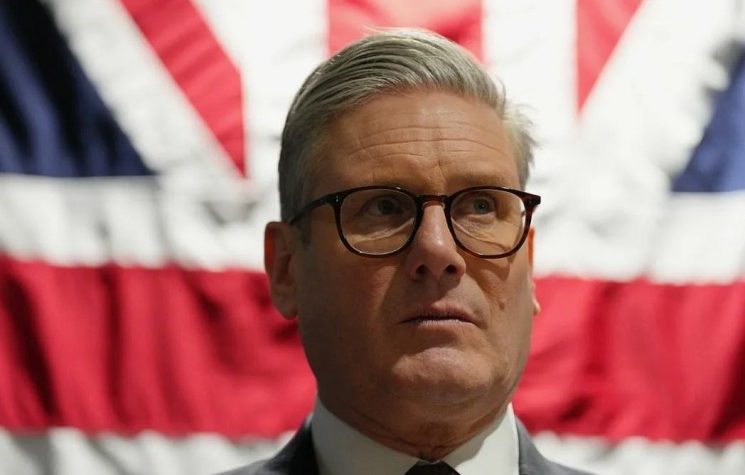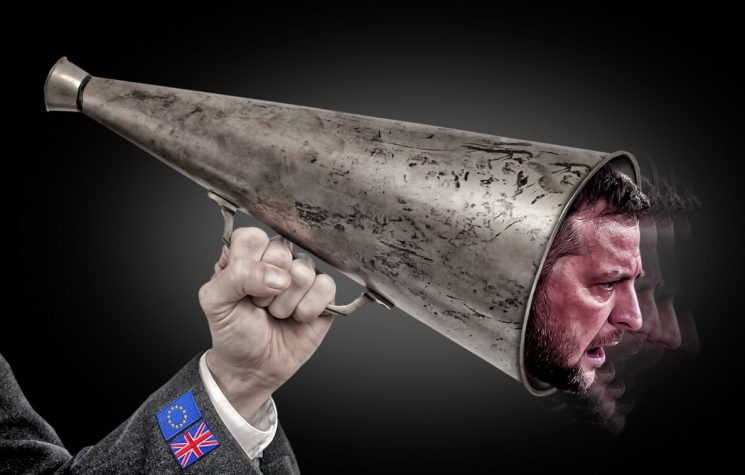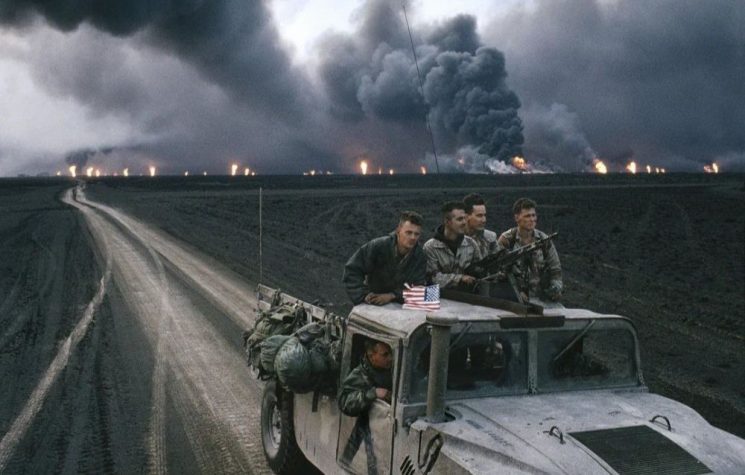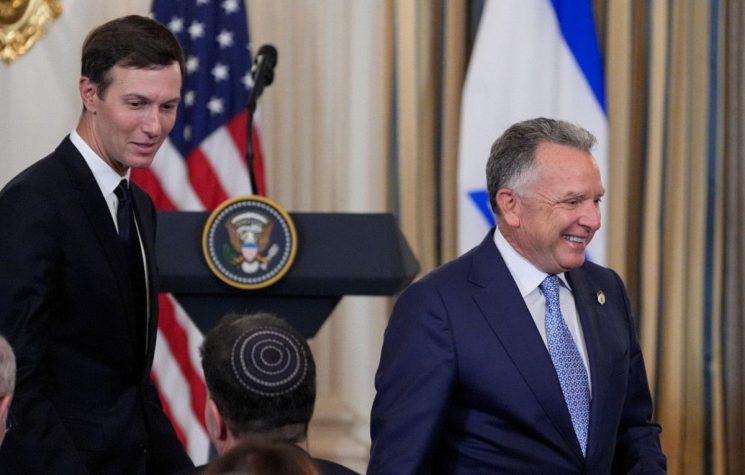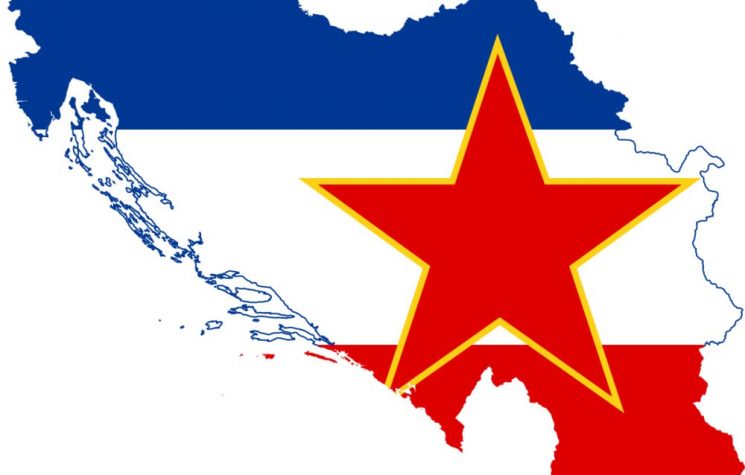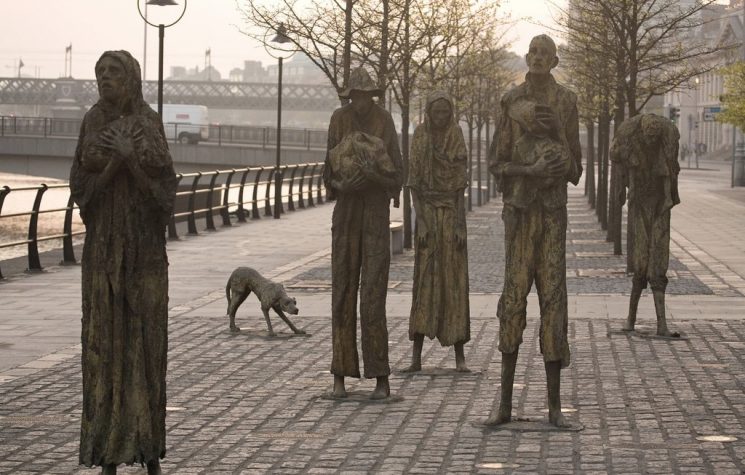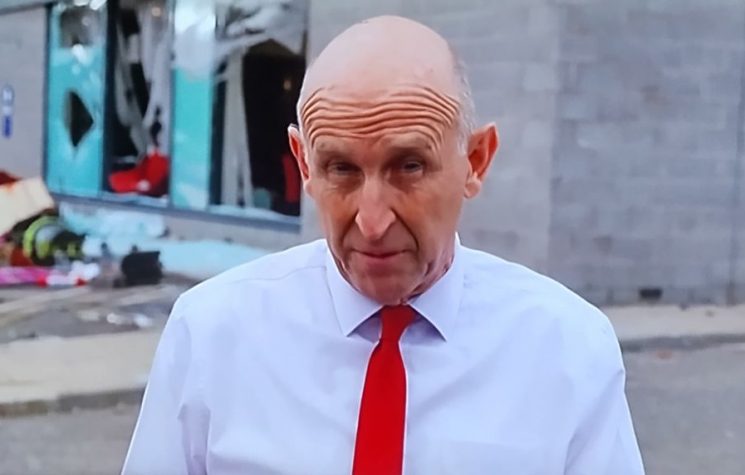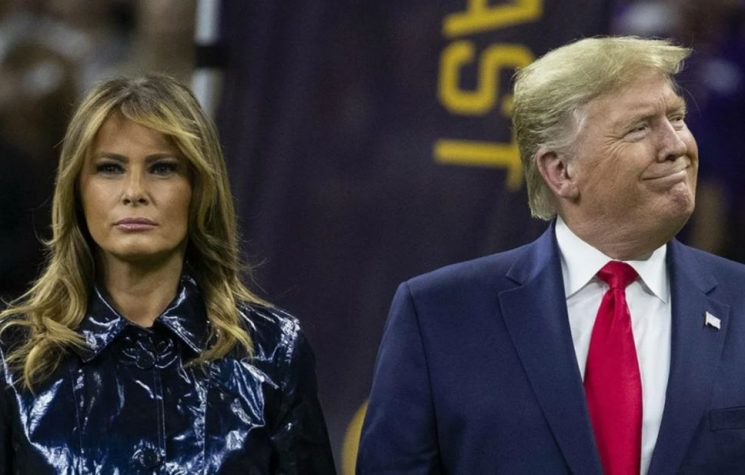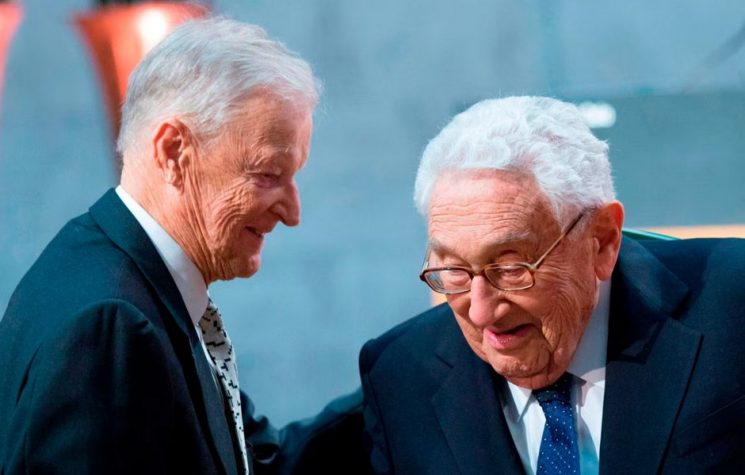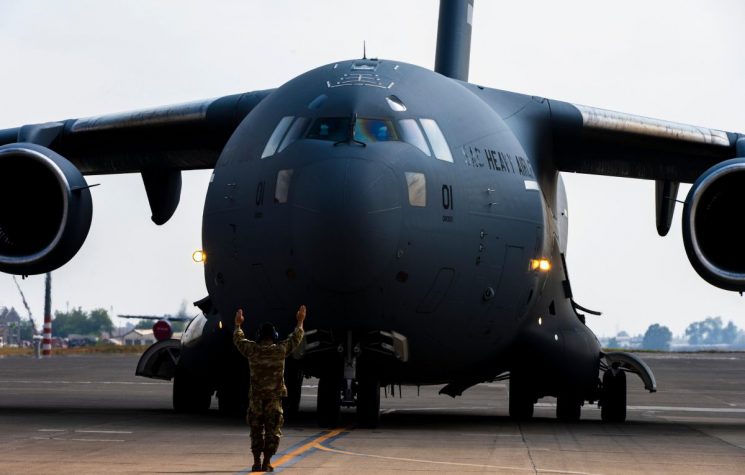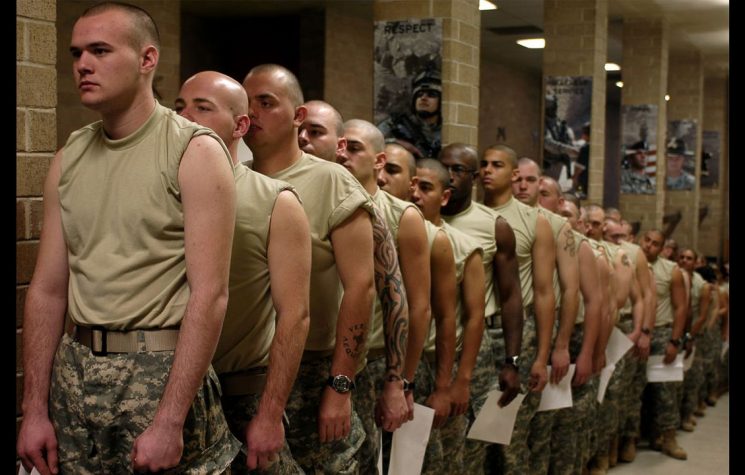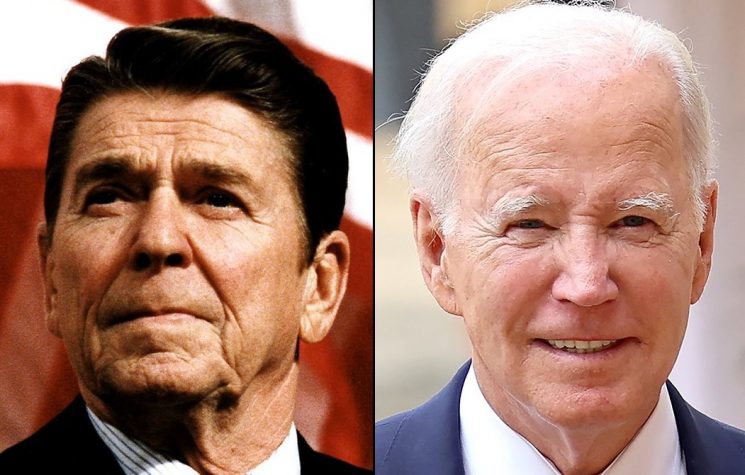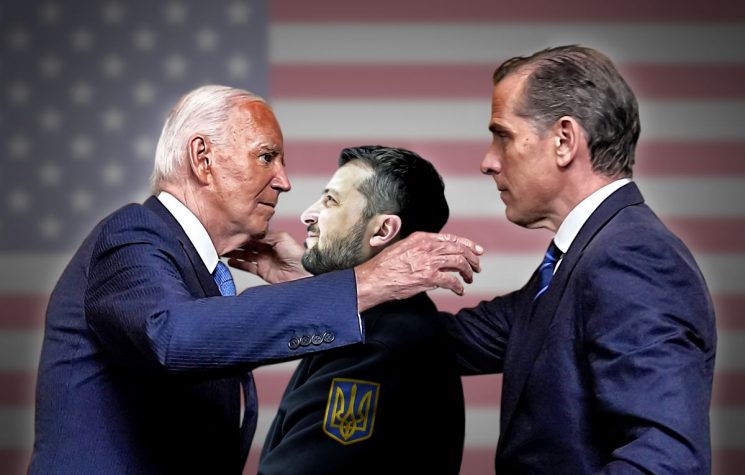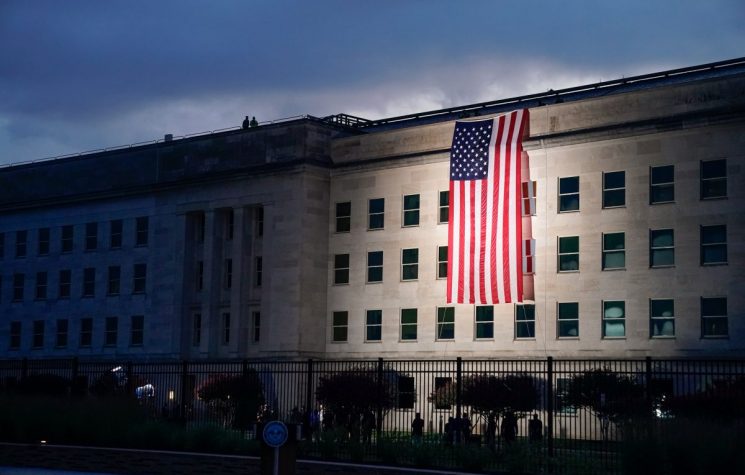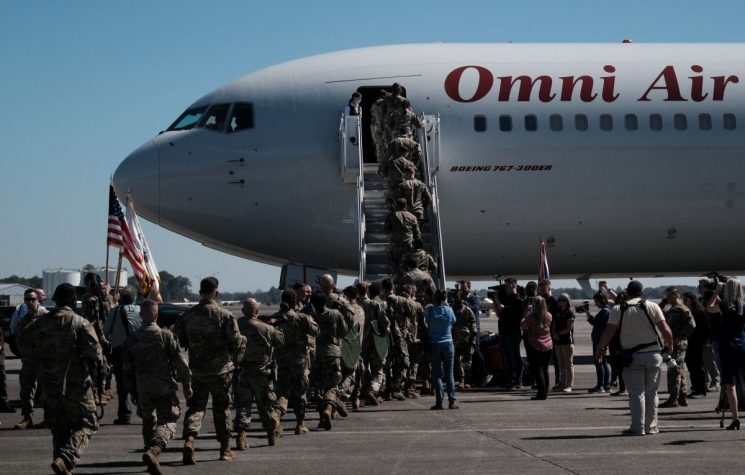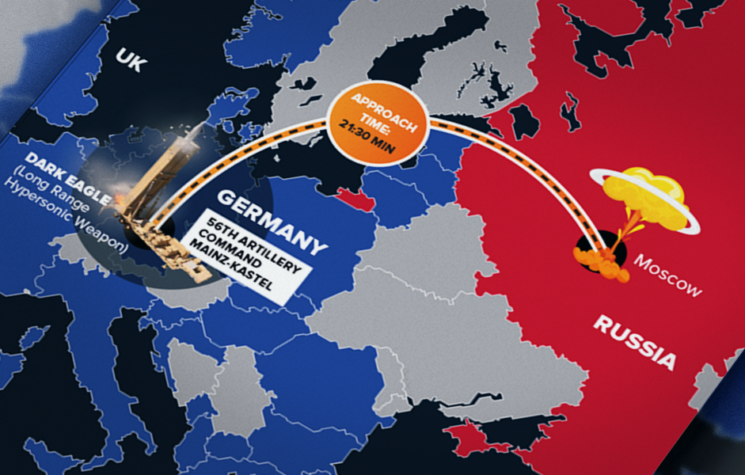We are not learning from the history books on how superpowers were defeated by, among other things, the sheer number of troops they are fighting.
While the news from America is that Joe Biden has asked for a whopping 33 billion dollars in military aid to Ukraine sinks in, there should be pause for thought on both sides of the pond. Is this a winning strategy in Ukraine? Is the battlefield really so simple that all it is about is tipping the balance of military hardware in favour of the Zelensky government to defeat the Russians? If we look at the statements which keep being dutifully published by western media of Zelensky’s pleas to the west, it would appear that his demands do not correspond with what is being offered, which should spark a debate in western media which asks some pretty basic questions. As the Ukrainian forces slowly diminish, doesn’t the present strategy sending more equipment actually backfire against those who send it?
Think about this military strategy for a second. If the Ukrainian army shrinks each day following the bloody battles in Donbass, where Russia is surely about to take control and in other places like Mariupol where even hard-line Ukrainian commandos are accepting defeat on social media as they run out of food and ammo, then how does sending even more military hardware to Kiev help the Ukrainians win?
It helps if you understand corruption – and Ukraine has and always will be a champion of this – and how graft is cranked up tenfold in war. It also helps if you’ve been in war zones and seen what happens when armies are defeated. Let’s look at the realities of what might happen to say, 100 armoured personal carriers which the UK is sending there. Or even antitank weapons which most western countries are obsessed with. Here’s the problem. Of say 100 armoured carriers, a conservative estimate of what happens to those vehicles is that half of them end up with the Russians. If even 25 percent are lost when Russian forces defeat Ukrainians and they seize them, that would be an acceptable price to pay, many would argue. But we have to understand that another 25 percent – at least – will be sold to Russian and other businessmen by corrupt Ukrainian officials who need to feed their own political network of supporters and militias. So out of the 100 vehicles, how can it help if 50 end up with the Russians while the remaining 50 are left to their own devices? Doesn’t this sound like a self-defeating prophecy? And this is on a good day. Another view might argue that more than half will end up being captured by the Russian army, which then actually use them to assist their troops beating the Ukrainians with the kit which originally was given by the US and its allies.
This, in a nutshell, is the problem with funding a war only by hardware and not imposing a no-fly zone. What the Ukrainians need is that critical air support which the Russians had themselves in Syria which supported their troops on the ground. No matter how much hardware we send to the Ukraine, we can’t defeat the Russians. We are not learning from the history books on how super powers were defeated by, among other things, the sheer number of troops they are fighting.
The Vietcong knew this from the very beginning during the Vietnam war when they had to battle American troops who even had superior air power. They had the determination. And they had the numbers. In the end of the Second world war, the allies defeated the Germans because they had the numbers. The sheer volume of allied troops and tanks finally overcame far superior German tanks and brave officers of the Wehrmacht who fought an incredible battle against all the odds. American Sherman tanks were slower, less effective and blew up like a petrol bomb when hit practically anywhere by the superior Panzers, so much so that German officers called them the ‘Ronson’ named after the British cigarette lighter. Even the infamous antitank weapons designed by Hitler to be operated by citizens – Panzerfausts – even in good numbers in Berlin couldn’t defeat the Soviet tanks which took the capital quite quickly.
In the Ukraine, the winners will be the ones who can dig in and control parts of the country for the longer war. If we continue to send arms, but not soldiers, then it is only a mathematical equation we need to employ to see that Russia will come out a winner, even if the war drags on for years which is what both sides want anyway. To continue to send military kit but not the soldiers to operate it is stellar advertisement for a failed policy which must please Putin who, like Biden and Boris, also thinks in the longer term and believes that the West cannot sustain its strategy of shoving billions of pounds or dollars of taxpayers’ money into a war of attrition with no sign of any victory in sight. The West also believes, equally, that Putin can’t sustain the volume of military hardware which is needed, which could be an erroneous strategy if the tanks, vehicles and rockets the UK and US are sending merely end up in Putin’s hands. With the recent news that some EU countries are willing to pay for gas in rubles, Putin may well strategize that he can play a much longer game in Ukraine than NATO.
Unfortunately, this kind of thinking only takes us to an even scarier place. As Biden asks Congress to back an unpresented aid package which is half of Russia’s total annual military budget, western leaders like Boris, Biden, Macron and Scholz will soon have a hard time explaining how, during the hardest economic times where the poorest face hiked fuel costs and new taxes, their money is being pumped into a war – one which seems to have no endgame as all sides are fixated on a long-term plan. Their answer, after it appears that the military aid shipments even seem to be helping Russia, will be that they have the solution. They will admit to a Mea Culpa and that the present strategy of sending the hardware to Ukraine is flawed. We need to send our own soldiers as well to protect it, they will claim. It might start, as it did in Syria, with a few British and American special forces soldiers sent there to train Ukrainian soldiers how to use the kit, but could swell. Sadly, in my view, this is inevitable as America is on a slippery slope with its Ukraine campaign which can be traced backed at least 8 years and is really all about trying to topple Putin. Indeed, some analysts even believe that the strategy was to create a proxy war in Ukraine and draw Putin in for exactly those purposes. Boris Johnson’s recent announcement that 7,000 British soldiers are being sent to the region should worry us. It is the first step of an acclimatisation campaign to get his own citizens used to the idea of British troops being there, before they are finally dispatched into Ukraine itself when the press turns against him as the number of people in the UK who lose their homes skyrockets in the coming months. Similarly, Biden is clinging on to the hope of a NATO victory against Putin to give him a second term in office although many questions remain about the state of his health.










